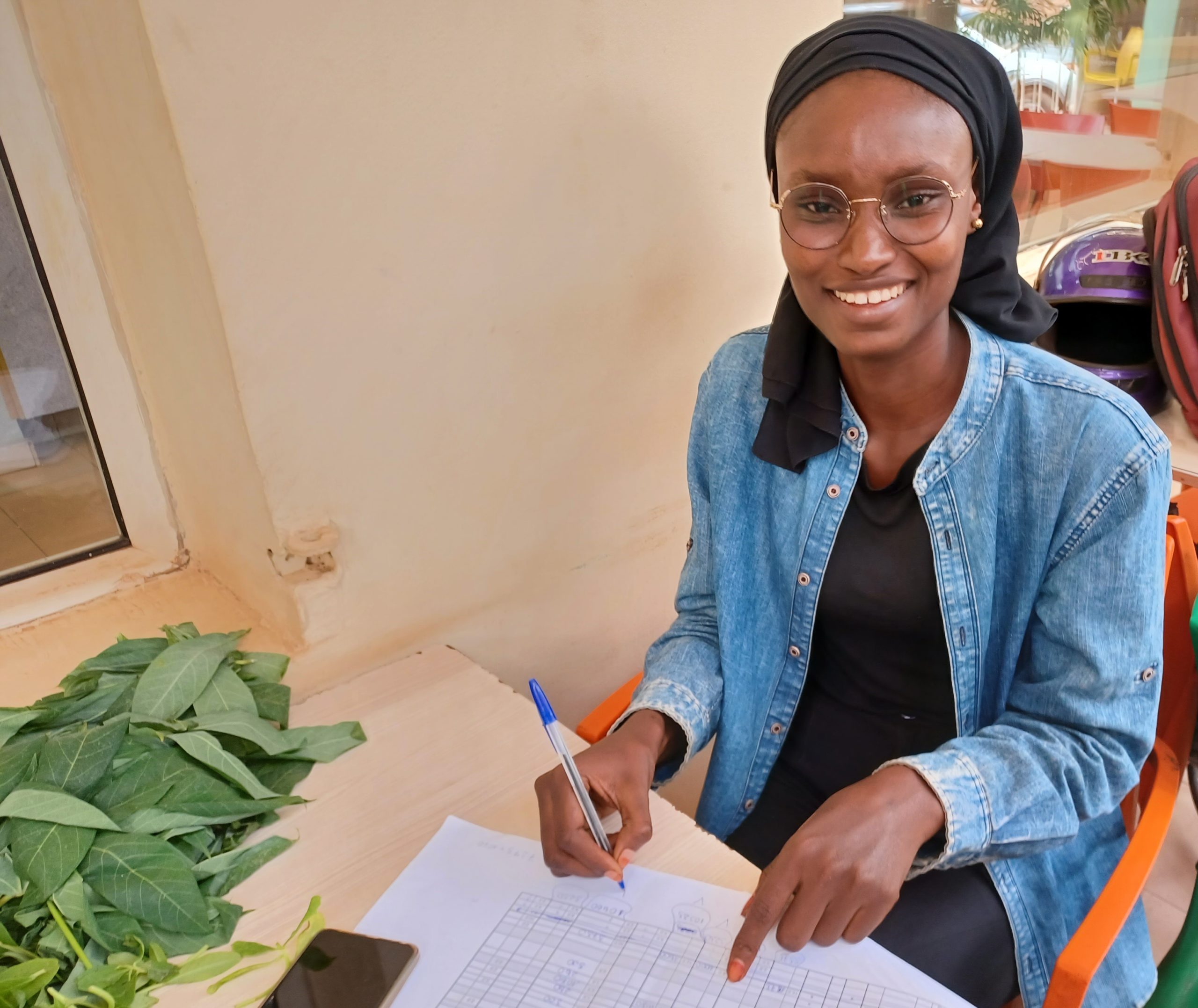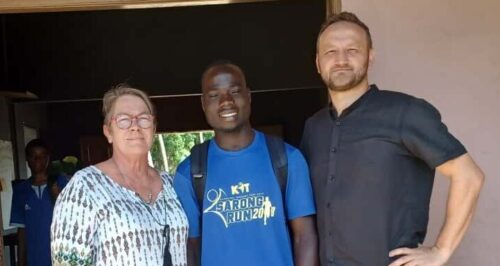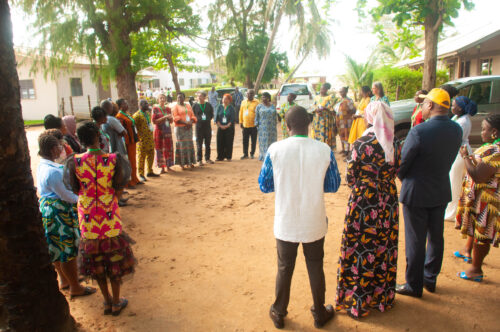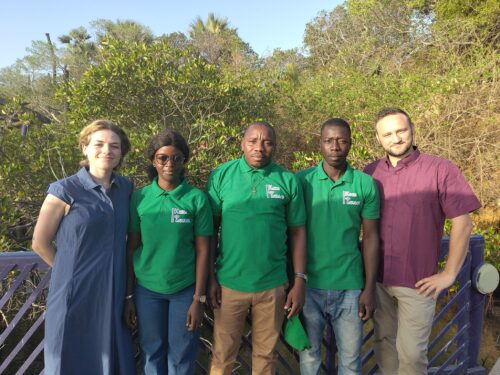“I’m Fatoumata Sidibé, a 22-year-old agronomy enthusiast trained at the Institut Polytechnique Rural de Formation et de Recherche Appliquée de Katibougou (IPR-IRFA) in Mali. My commitment is demonstrated through my role as technical supervisor for the Sugu Horon project, supported by Tereo and Joeli Devenir, where I provide my expertise to the producers of the Réseau Solidaire en Agroécologie Paysanne et Citoyenne (RESAPAC).
My love of sustainable agriculture and environmental preservation is rooted in my deep interest in traditional African farming methods. Driven by this passion, I am also pursuing further training at the Institut d’Économie Rurale in Bamako, while devoting my free time to my own vegetable garden.
I live with my mom, the youngest of eight children. Although my mother is a businesswoman, our attachment to the land is a family heritage, as my grandparents were both farmers. This lineage motivates me deeply, as I’m convinced that thanks to the knowledge I’ve acquired and the Sugu Horon project, I can make a significant contribution to facilitating the work of many small-scale farmers in my country, just like my ancestors. Although farmers already possess ancestral knowledge enabling them to cultivate difficult soils, I am committed to promoting the introduction of new techniques and improvements to increase their productivity.
During my field visits, I take the time to talk briefly with the project beneficiaries before getting down to work with them. My work focuses mainly onplot management, the production of organic compost and biopesticides, and seed multiplication.
As a young woman, I face specific challenges in the performance of my duties. I sometimes have to take special precautions when traveling to remote areas, and some farmers may initially be skeptical about the real contribution a young female technician can make to their business. However, I’m pleased to note that this mistrust quickly disappears once they’ve had a chance to work with me. This experience has made me realize that the project also helps to dispel prejudices, not through mere rhetoric, but through the tangible results obtained thanks to my support, which, in my opinion, is the best way to convince.
I’ve got lots of plans for the future! Firstly, I’d like to continue my studies to obtain a Master’s degree in the Environment. Secondly, I’d like to set up my own company specializing in the production of organic livestock feed. Finally, my ultimate dream would be to found an association aimed at promoting female entrepreneurship and leadership.”





